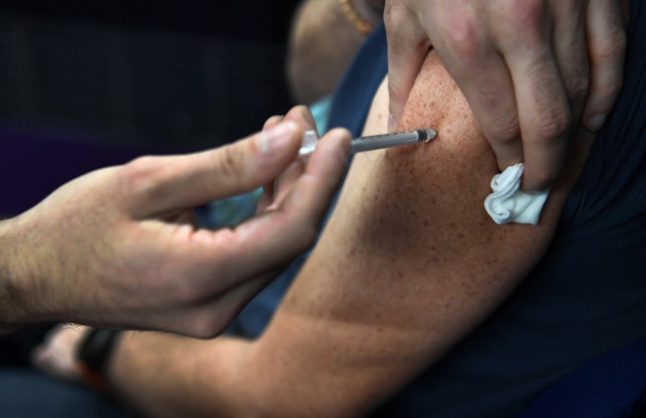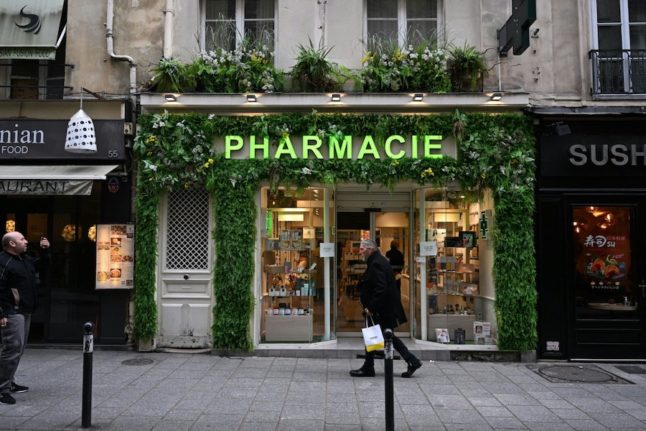Rising case numbers and the emergence of new variants pushed French health authorities to bring forward the new Covid vaccination campaign to October 2nd – it was initially scheduled to start on October 17th.
While anyone can receive the vaccine, the Health Ministry is specifically recommending that the following groups to do so:
- People over the age of 65;
- People with co-morbidities;
- Pregnant women;
- Immunosuppressed people;
- Care home residents or confined to a medical unit for long-term treatment;
- Anyone who comes into regular contact with immunosuppressed people or people who a vulnerable to respiratory infections.
French health authorities have indicated that they will prioritise the use of vaccines specifically adapted to the XBB.1.5 Omicron sub-variant, which currently the main strain of the virus circulating in France. The main vaccine suited to tackling this sub-variant is the RNA Messenger vaccine developed by Pfizer/BioNTech, which also remains effective against other variants.
It is also possible to use Sanofi an Novavax vaccines, but Novavax will not have a vaccine adapted to the XBB.1.5 sub-variant until November.
France is also launching a nationwide flu vaccination campaign later this month. You can read more about the necessary steps to get one here.
How to get a Covid booster dose
Your GP (médecin traitant) should be able to give you a Covid booster on appointment. Pharmacy staff, nurses, dentists and midwives are also able to administer booster doses. If you want to receive a vaccine at the pharmacy, you should be able to set an appointment in the pharmacy itself or over the phone.
The simplest way to book yourself for a booster dose (dose de rappel) is through the Doctolib website.
READ MORE France’s autumn 2023 Covid vaccine booster campaign ‘will be open to all’
If you live in a care home or a special unit for people requiring long-term treatment, vaccination is organised on-site.
The vaccination itself is free for anyone residing in France, even if you don’t yet have a carte vitale. If you do have a carte vitale however, you should bring it to your appointment.
When to receive a booster
The nationwide vaccination campaign began on October 2nd.
But you cannot get a booster if it has been less than 6 months since your last Covid infection (based on the date you tested positive) or your last vaccine shot.
It is possible to receive a Covid vaccination and flu vaccination at the same time. If you wish to do so, you will need to wait until the flu vaccination campaign begins on October 17th.
What about children?
Children over the age of 5 are no longer recommended to have more than one vaccination against Covid-19. However, if your child has a comorbidity, such as asthma, you should consult with a medical professional to decide whether it could be worth getting a booster.
For children under the age of five who have already had one vaccine dose or who have already been infected, it is still worth getting one more vaccine, according to French Health Authorities. For children under the age of five who have never received Covid vaccines or been infected, it is recommended that they get a total of three shots, with a 21-day gap between the first two, and an 8-week gap between the second and third.
If you are in any doubt, please consult your doctor or pharmacist.



 Please whitelist us to continue reading.
Please whitelist us to continue reading.
So far it seems there are no COVID bivalent vaccines in Paris. Can your reporters ask the government about this, please? Thanks